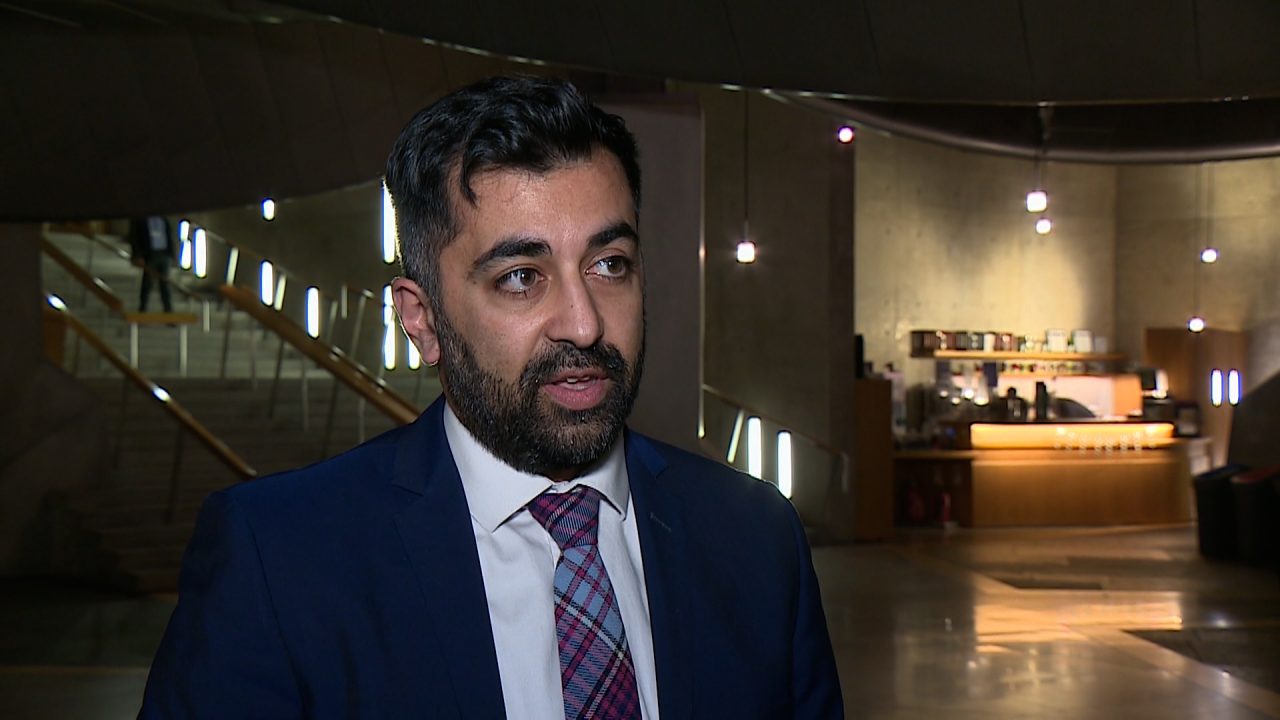Most Thursdays, my focus is firmly on First Minister’s Questions in the Scottish Parliament. Today, though, I will be keeping an even closer eye on the autumn budget statement from the chancellor at Westminster.
I suspect even Nicola Sturgeon, Douglas Ross and Anas Sarwar will be somewhat distracted by what Jeremy Hunt has to say.
The First Minister may well face questions about the NHS, probably even more calls for the sacking of her health secretary, Humza Yousaf.
The NHS crisis seems to deepen by the week, with the very real prospect of strikes by ambulance staff in the GMB union planned for November 28 and 29.
Nurses are preparing to follow – the first time RCN members will have gone on strike in Scotland. And even before that, Unite members in the Scottish Ambulance Service start a work-to-rule on November 25.
Unison is the biggest health service union in Scotland, with 60,000 members across the NHS. This week, 61% of them rejected the Scottish Government’s flat-rate pay offer of £2,205, roughly the equivalent of 7% across the board, according to the Scottish Government.
The Unison vote was a bit lower than some other unions, partly because it has a lot of lower-paid members, for whom £2,205 is a significant pay rise.
But like the other unions they have rejected it, so now it is up to the Scottish Government to come back with an improved pay offer. Yousaf makes the point that NHS staff in Scotland are already paid better than those in England and that the Scottish Government’s pay offer is already well above the 4.75%, or £1,400 flat rate, offer in England.
And he is right, but it has been resoundingly rejected by NHS staff in Scotland, so he needs to come back with more.
He is pinning his hopes on the chancellor announcing an increase in health funding in England today, so that he gets some extra Barnett consequential cash to put in to an improved pay offer here.
Every 1% pay increase for NHS Agenda for Change staff costs the Scottish Government £70-75m. He has already had to move about £400m from spending plans for the pay deal as it stands and doesn’t want to cut any more.
All sides are eager to back round the negotiating table, they all say they want to avert strikes, but they can’t do that until they know how much is in the pot. Once they know that, talks between the Scottish Government and health unions look likely to resume next week.
Before that, the First Minister will likely hear growing calls form the opposition to sack her health secretary. She says she has absolute confidence in him, he seems to have absolute confidence in himself, and the unions are giving him the benefit of the doubt ahead of the pay talks.
If he fails to secure a deal and the strikes go ahead, that will increase pressure on the NHS and it will pile pressure on Yousaf too.
Follow STV News on WhatsApp
Scan the QR code on your mobile device for all the latest news from around the country


 STV News
STV News

























